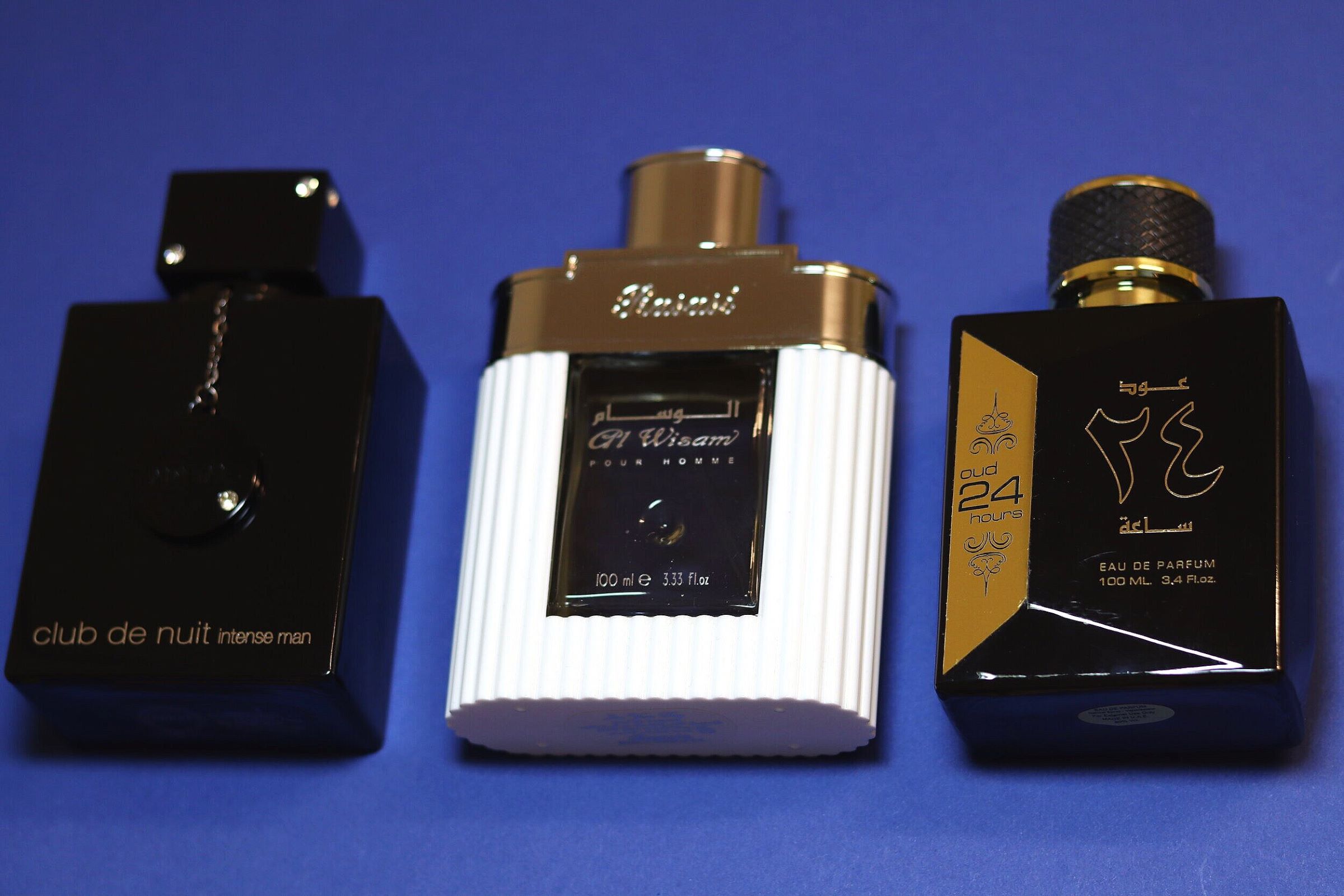
Clone perfumes have become a popular choice for fragrance enthusiasts seeking high-quality scents at a fraction of the cost. But what exactly are they? Simply put, clone perfumes are fragrances designed to mimic the scent of more expensive, designer perfumes. They offer an accessible way to enjoy luxurious aromas without breaking the bank. In this blog post, we'll uncover 20 fascinating facts about clone perfumes, from how they're made to why they've gained such a following. Whether you're a perfume aficionado or just curious about this trend, these insights will give you a deeper appreciation for the art and science behind clone perfumes. Get ready to explore a world where indulgence meets affordability.
Clone perfumes, often intriguing for their ability to mimic the scents of more expensive, luxury fragrances, have become a popular choice among consumers. These alternatives offer an affordable way to enjoy the essence of high-end perfumes without the hefty price tag. Let's dive into some fascinating facts about clone perfumes that might surprise you.
What Exactly Are Clone Perfumes?
Clone perfumes are essentially imitations of original, high-end fragrances. They are designed to offer a similar scent experience at a fraction of the cost of their luxury counterparts. Manufacturers of clone perfumes analyze the original scent's composition and attempt to recreate it using similar notes and ingredients.
- Clone perfumes often cost significantly less than the original brands they imitate, making them accessible to a wider audience.
- Despite their lower price, many clone perfumes manage to achieve a high degree of similarity to the original fragrances, sometimes making it hard to tell them apart.
- The legality of clone perfumes is a gray area; while outright copying is prohibited, creating a fragrance inspired by another is generally acceptable within the industry.
How Are Clone Perfumes Made?
Understanding the process behind the creation of clone perfumes can shed light on how these fragrances manage to smell so similar to the originals without the same price tag.
- The first step in creating a clone perfume is thorough analysis and breakdown of the original scent to identify its top, middle, and base notes.
- Advanced technology, like gas chromatography, is often used to dissect the original fragrance's formula, making the replication process more accurate.
- High-quality clone perfumes use similar but less expensive ingredients or synthetic alternatives to mimic the original scent's complexity and depth.
The Popularity of Clone Perfumes
Clone perfumes have carved out a significant niche in the fragrance market, appealing to budget-conscious consumers and perfume enthusiasts alike.
- Social media and online communities play a crucial role in the popularity of clone perfumes, with many influencers and reviewers sharing their finds and comparisons.
- Some clone perfumes have gained cult status, with dedicated followings that appreciate their affordability and quality.
- The demand for clone perfumes spikes during economic downturns, as people look for ways to enjoy luxury goods without the luxury price tag.
Ethical Considerations and Consumer Opinions
The rise of clone perfumes has sparked discussions about ethics, creativity, and consumer rights within the fragrance industry.
- Critics argue that clone perfumes undermine the original creators' intellectual property and effort, discouraging innovation.
- However, supporters claim that clone perfumes democratize access to luxury scents, allowing everyone to enjoy high-quality fragrances.
- Consumer opinions are divided; some view clone perfumes as smart, budget-friendly choices, while others prefer to invest in original creations for their authenticity and craftsmanship.
The Future of Clone Perfumes
As the fragrance industry continues to evolve, so too does the role and perception of clone perfumes within it.
- Technological advancements are making it easier and more accurate to replicate complex scents, potentially improving the quality of clone perfumes.
- The growing emphasis on sustainability and ethical sourcing could lead to more clone perfumes using eco-friendly and cruelty-free ingredients.
- Legal battles and regulations may redefine what is considered acceptable in the creation of clone perfumes, impacting their availability and variety.
- Despite controversies, the market for clone perfumes shows no signs of slowing down, with new players and products entering the scene regularly.
- As consumer values shift towards transparency and authenticity, clone perfume brands that are open about their inspiration and manufacturing processes may gain a competitive edge.
- The debate over clone perfumes highlights broader questions about value, creativity, and access in the luxury goods market.
- Innovations in scent creation and perfume delivery methods could lead to a new generation of clone perfumes that are distinct in their own right.
- Ultimately, the enduring appeal of clone perfumes lies in their ability to make luxury scents accessible to all, challenging traditional notions of exclusivity and prestige in the fragrance world.
A Final Whiff on Clone Perfumes
Clone perfumes have stirred quite the buzz, offering fragrance enthusiasts an affordable gateway to luxury scents. With their ability to mimic high-end fragrances, these alternatives have become a go-to for many. From their cost-effectiveness to the ethical considerations and varying quality, there's a lot to ponder before making a purchase. Whether you're drawn to the allure of saving money or you're on the hunt for a discontinued scent, clone perfumes provide an intriguing option. Yet, it's crucial to weigh the pros and cons, considering factors like longevity and scent accuracy. As we've seen, the world of clone perfumes is vast and varied, presenting an exciting exploration for those passionate about fragrances. Remember, the right scent can make a statement, tell a story, or evoke a cherished memory – even if it's a clone.
Was this page helpful?
Our commitment to delivering trustworthy and engaging content is at the heart of what we do. Each fact on our site is contributed by real users like you, bringing a wealth of diverse insights and information. To ensure the highest standards of accuracy and reliability, our dedicated editors meticulously review each submission. This process guarantees that the facts we share are not only fascinating but also credible. Trust in our commitment to quality and authenticity as you explore and learn with us.


